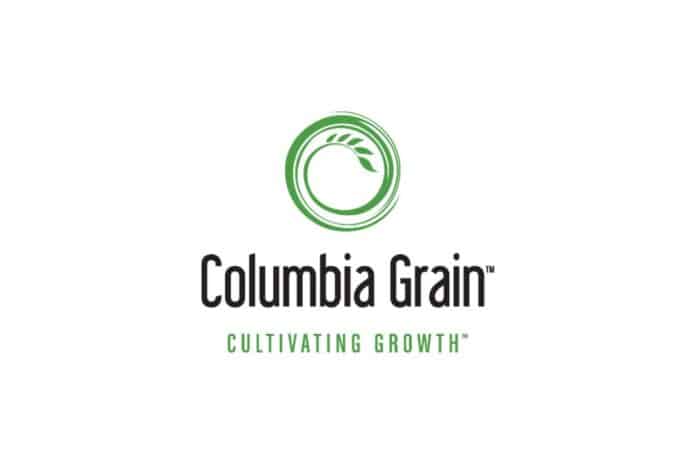PORTLAND, OR (JULY 2023) — Russia just backed out of the Black Sea Grain Deal with Ukraine, causing already elevated wheat prices to spike worldwide[1]. This comes on the heels of Brazil experiencing record grain harvests and churning out increasingly high corn and soybean yields.[2] Increased export competition from Canada has found discounted elevations leading to much cheaper Canadian spring wheat pricing. These factors, amongst others, have made it very challenging for the U.S. to stay competitive in the global wheat market and as a result exports are down. According to the USDA Wheat Outlook July 2023, all U.S. wheat exports are down 4 percent from last year and the lowest since 1971/72. Hard Red Winter Wheat (HRW) exports are down as a result of smaller volumes due to drought affecting the major production regions in 2 consecutive years. Unfortunately, much of the HRW exports are priced uncompetitively with other key global suppliers. As wheat-buying markets look for cheaper grain they are going elsewhere, leaving American producers with some tough decisions. Columbia Grain International (CGI) discusses how the support of an experienced, global agriculture consultancy can help American producers stay competitive in the global market, now and into the future.
“Global wheat prices are surging and even more so now that Russia has exited the Black Sea Grain Initiative,” said the CEO & President of Columbia Grain, Jeff Van Pevenage. “None of this is good news for the world’s food supply and it reinforces the importance of partnering with a company that can make markets, especially in these volatile times. To cultivate profitability it’s important to understand the different marketing products and risk management tools available to you to give you the advantage in any market landscape.”
Columbia Grain stresses the importance of crop diversification to ensure revenues aren’t dependent on a single market. Producers can turn their attention to pulses, specialty oilseeds, and other crops that are showing strong demand and ultimately steady returns to the farmer, and encouraging farmers to work with CGI to explore market opportunities for their wheat. One option is to store the wheat until the market turns and to practice quality grain storage during this waiting period.
About Columbia Grain International
Since 1978, Columbia Grain International™ (CGI) has been Cultivating Growth™ as a global leader in the origination, processing, logistics, and distribution of high-quality bulk grains, pulses, edible beans, oilseeds and organics for U.S. domestic and worldwide export markets. Headquartered in Portland, OR, CGI’s reliable supply chain spans the western region of the US, ensuring abundant ingredients for all of its partners, thanks to their trusted relationships with their farmers throughout the fertile croplands of Washington, Idaho, Montana and North Dakota, well known for its high-quality wheat, feed grains, canola and pulses. CGI is an owner of Montana Specialty Mills, who operates an organic and non-GMO oilseed crushing facility in Great Falls, Montana, a mustard seed facility in Conrad, Montana, and most recently Montana Craft Malt —providing specialty malt barley from Montana farmers to the craft brewing world. Today, they are vertically integrated, operating assets including grain elevators, processing plants and agronomy centers to support their farmers, which stretch the northern tier of the United States. With multiple touchpoints across the food supply chain, CGI provides trusted solutions and cultivates high-quality ingredients from their local farmers for a farm to table philosophy that nourishes the world, safely.


